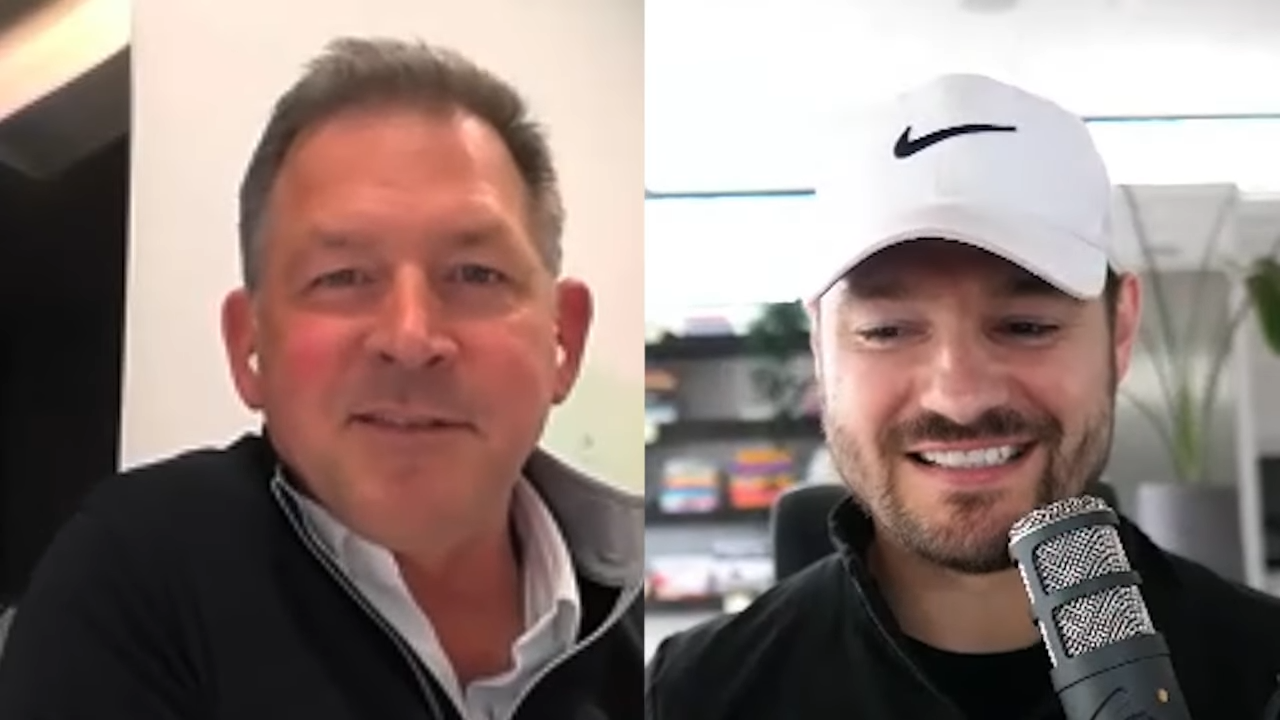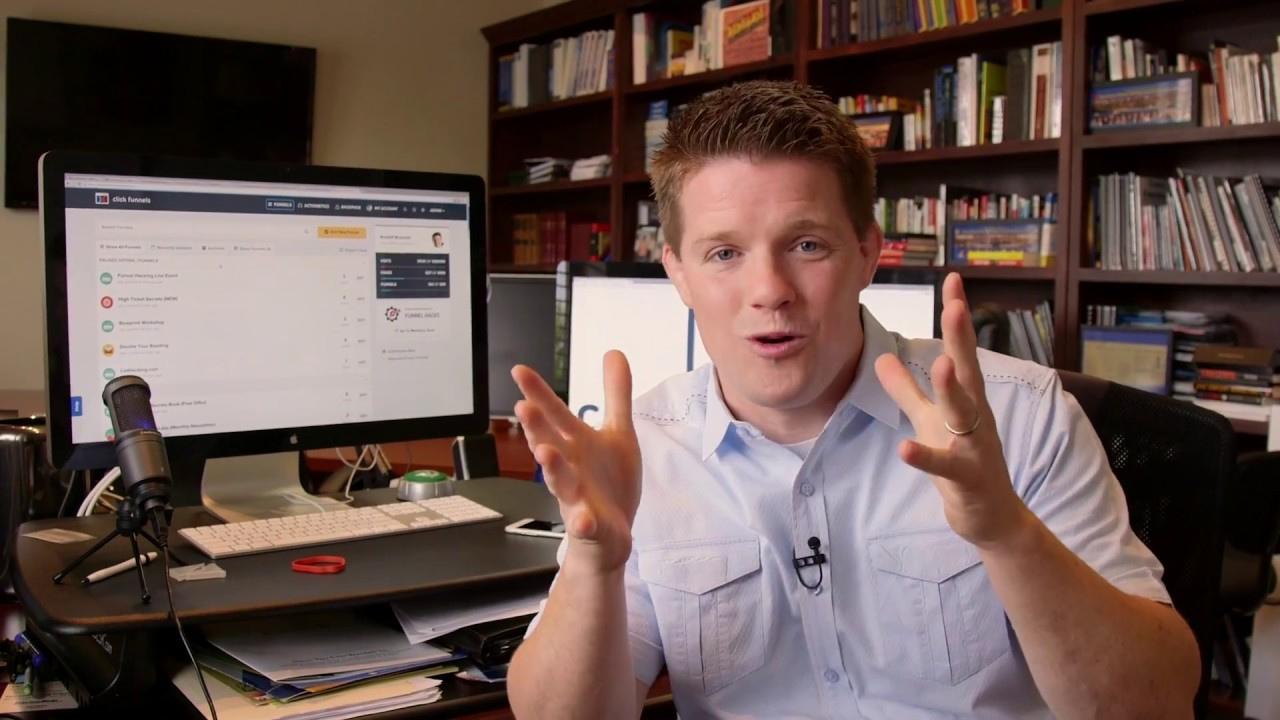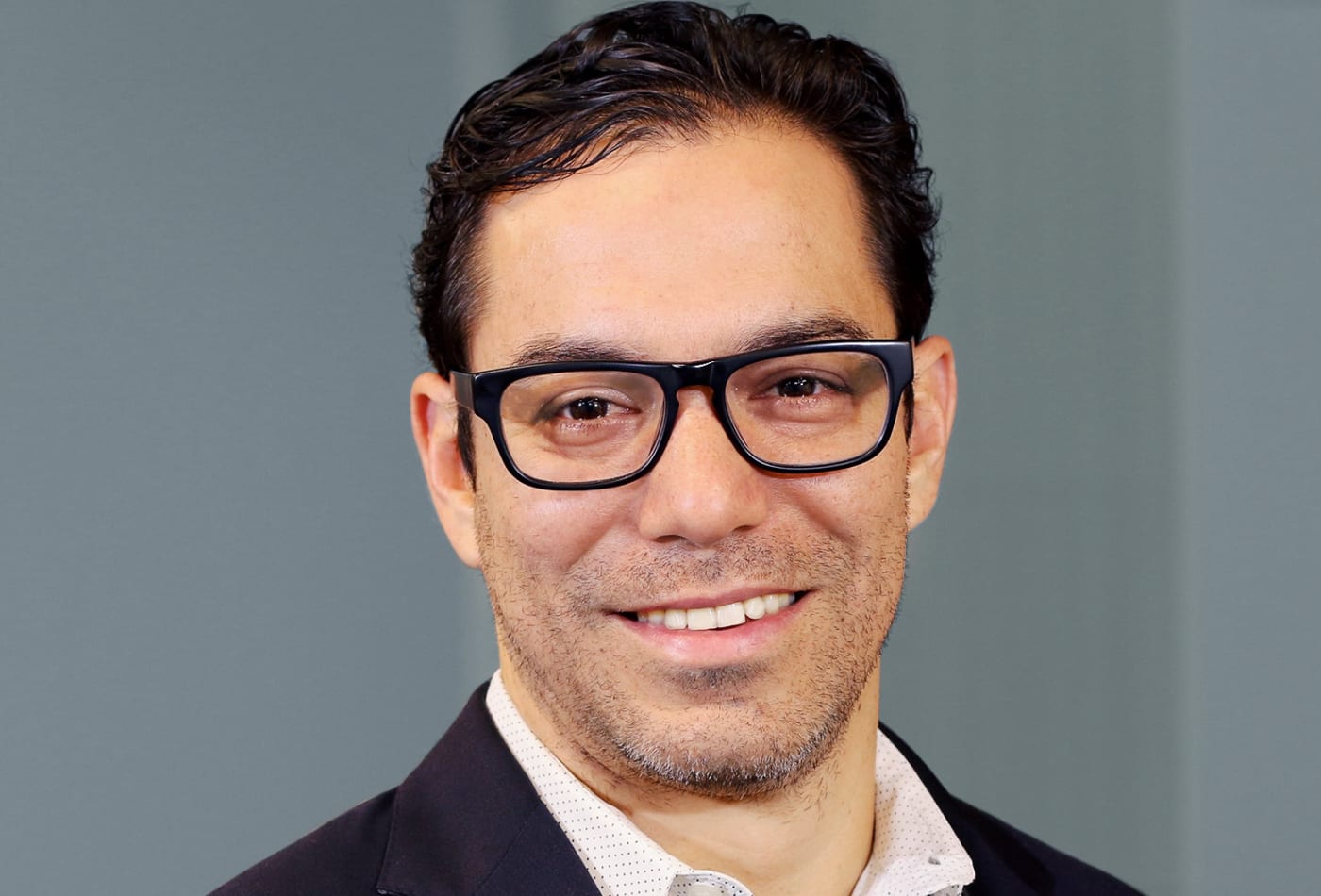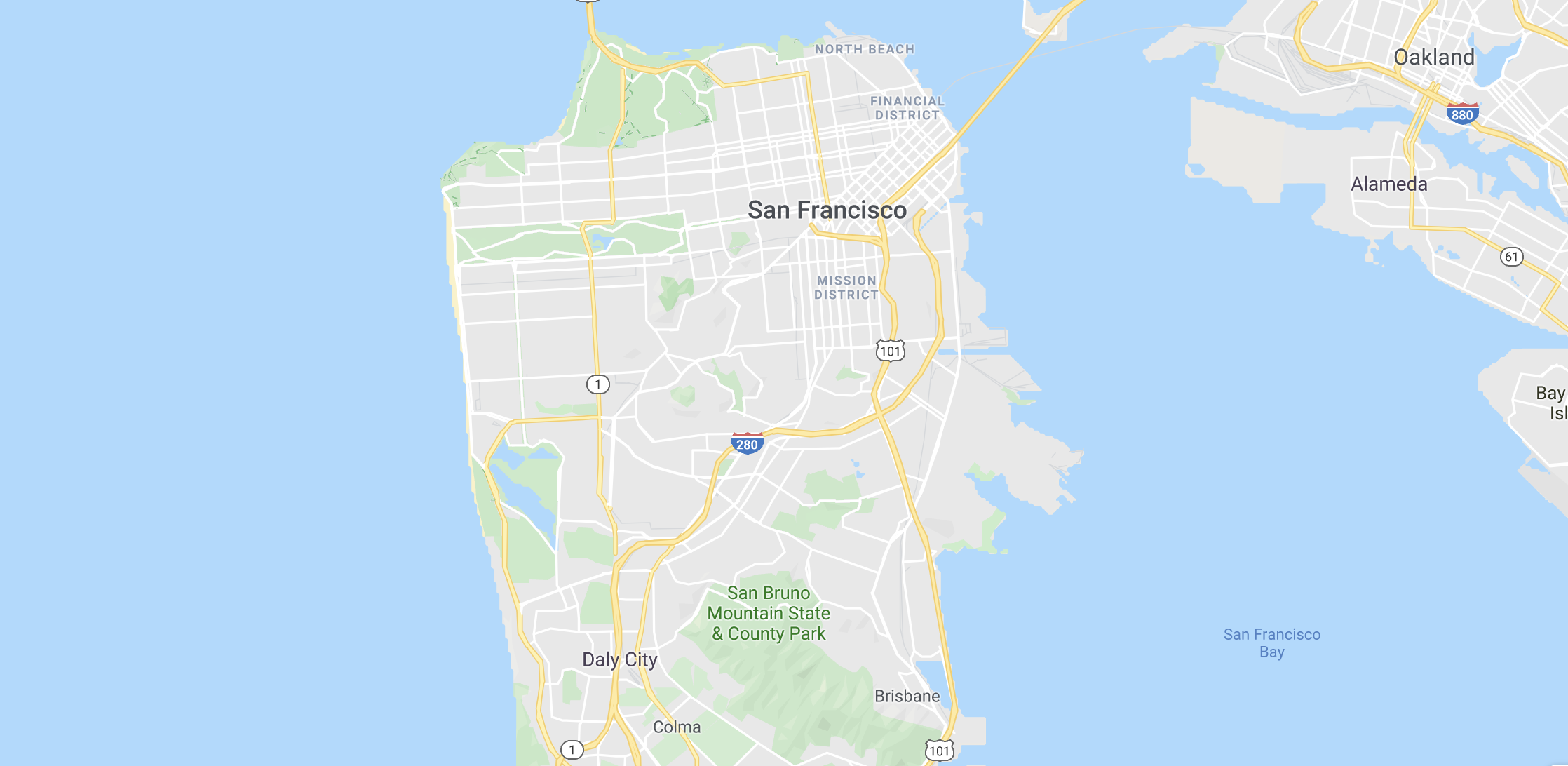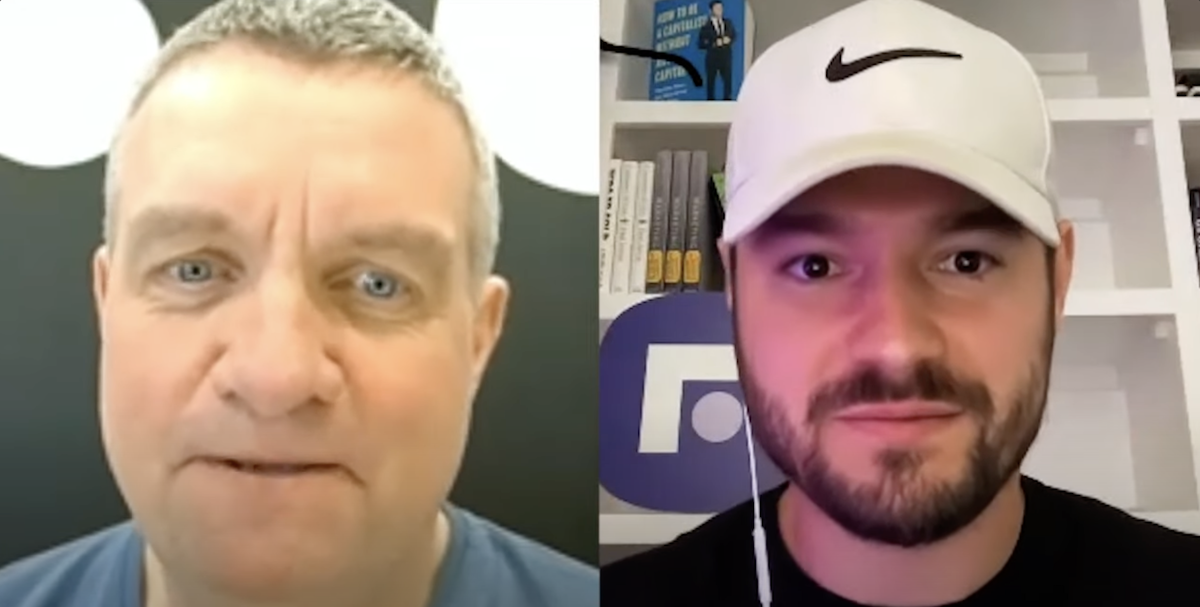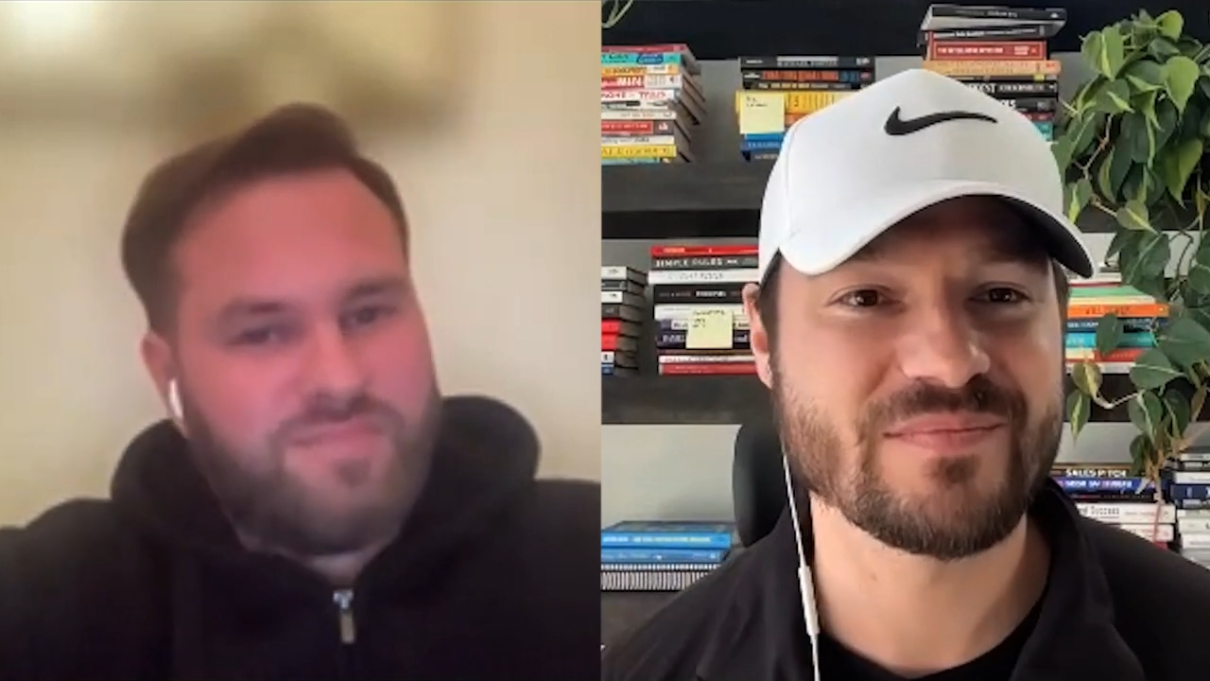-
Founded in 2009, Paperless Pipeline has been completely bootstrapped and profitable each year through 2019.
-
CEO Dane Maxwell stepped away in 2015 and uses Paperless Pipeline as a way to generate income
-
Clients of Paperless Pipeline nearly doubled from 40k in 2014 to 80k+ in 2019
It’s hard to really quantify the kind of person that Dane Maxwell is. He’s a successful software company co-founder. He’s an educator and mentor for millionaires and company leaders. He’s an author and a musician with three albums to his name.
Most of all, though, he’s a man who understands the customer.
In today’s interview, he walks us through his philosophy of winning and keeping customers, framed through the story of one of his most successful products, Paperless Pipeline, a tool for real estate agents to manage their clients with $2.5m in revenues annually.
One of the most fundamental points that he makes is that you should not try to modify user behavior. People are used to doing the same thing in the same way, and if you come to them with a solution that promises huge returns after revamping their whole workflow, they’ll just toss your email in the trash.
Keep The Behavior Constant
For example, do you remember the NordicTrack ski machine? As Dane puts it, nobody was practicing for cross-country skiing in their homes before it came out, and although it caught on briefly, people slowly returned to just what they had been doing before. The behavior didn’t exist, and the product couldn’t change that.
And so he went to the market and asked people “What’s the software product you’ve been looking for for years that you just haven’t found yet?”
He already had business clients from previous experiences, but his point is that you can do this cold. People are always trying to sell their product and make their customers motivated to change their behaviors to fit.
Nobody’s thoughtful enough to just ask companies what solutions they’d like to see developed.
Tripling Income During A Recession
So it was 2009, and the economy wasn’t doing too hot. How did Dane manage to pitch a new expense to real estate agents and brokers?
Well, it turns out that even if the real estate market was depressed, the real estate agents were dealing with the same amount of business. “Money moves even in a recession,” says Dane. “It just shifted to foreclosures.”
He presented the product in the context of the recession itself, by emphasizing the labor costs that could be saved with a paperless workflow.
Crucially, his competitors were selling software to manage transactions, but Dane was selling a process where a small real estate company could downsize to a smaller office and get by with fewer staff. It’s not hard to see which was more attractive to the clients.
Three Questions To Ask A Potential Client
When you want to create a new product or even just stand out in the market, Dane suggests three important questions.
First, “What software do you wish was on the market right now?” This question gets people opening up to you and gives them hope that you might be the one to solve that long-standing woe.
The second is “What are you using Excel for?” Excel is really good for a number of problems, and just okay for a ton more. Usually, people are just using Excel to track sales or something in a simple spreadsheet, where they could be saving a ton of time and money with dedicated software for the task.
The third? “What does your email inbox look like?” People spend endless hours answering repetitive emails and doing the same kinds of tasks, like checking signatures on contracts. If you can make a solution to their most time-consuming problems that also fits neatly into their established workflow, you’ll be absolutely adored.
Dane Doesn’t Actually Want To Run A Business
The thing is, Dane’s Paperless Pipeline company has been doing very well for a long time. Nobody’s denying that. They’re still experiencing regular growth year-over-year and have stellar reviews from brokers large and small.
Dane spends about an hour a year on managing the company.
He’s been mostly hands-off since 2015, when he handed the reins of the company over to a lead developer and essentially said “Make me 25% profit each year, and you’ll have free rein to lead the company however you’d like.”
Because that’s what a lot of entrepreneurs really want. They want the freedom to leave their jobs and have somebody else help them make money from their idea. You can win some people over by saying “You’ll have economic freedom,” but if you put it as bluntly as possible and say “You can quit your job,” they’re probably going to think harder about being an entrepreneur.
With that, Dane thought he’d made it. He picked up his guitar and wrote songs, thinking that life would be easy street from then on out.
The Master Returns As Mentor
But three albums in he felt a calling to help other entrepreneurs realize their dreams.
He set up a unique training program called The Foundation and accepted all takers – people that wanted to rise beyond the middle-of-the-pack where they were and become the best, even if they had no money, no experience, and no customers.
All of the training was built on his instincts and the trial-and-error experience he’d gained with Paperless Pipeline and the other six software companies he’d started.
It worked beyond his wildest dreams, and within a year from the beginning of the program he had people running multi-million dollar companies when they’d never even taken the first steps before.
As of early 2020, The Foundation is returning under a new name as the podcast Start From Zero, which is also the title of a forthcoming book from Maxwell himself. “I love waking people’s minds up to the idea of entrepreneurship,” he says. “It’s my wheelhouse.”
About The Founder Dane Maxwell
Dane Maxwell’s current favorite business book: Flip The Script: Getting People to Think Your Idea is Their Idea, Oren Klaff
A CEO he studies: Nathan Latka
Favorite Outsourcing Site: Upwork
Hours of Sleep: Seven per night
Family Situation: Newborn baby
Age: 36
Advice to 20-year-old self: You’re Beautiful
Data
Funding
(No funding, 100 percent bootstrapped).
“I don’t see a need to raise venture capital… everybody wins.”
Customers
2012 – 10,000 agents (estimate from doubling)
2014 – 30,000 agents and admins (blog)
2019 – 67,895 agents and admins (paperless pipeline) [1500 paying customers]
Revenue
2015 – 600,000 (estimate, interview)
2018 – 1.9 million (interview)
2019 – 2.1 million (interview)
Notes
Customers “nearly doubled” from 2012 to 2013 (2012 in review blog)
Sources
https://www.paperlesspipeline.com/
https://www.paperlesspipeline.com/blog/happy-birthday-paperless-pipeline
https://www.paperlesspipeline.com/blog/2012-in-review
Author:
Yassir Sahnoun is the founder of YassirSahnoun.com. He helps SaaS companies like Castbox and FluentU attract sales using content strategy, copywriting, blogging, email marketing, & more. If you want to up your content marketing game, you can schedule a free discovery call with Yassir by clicking here.


